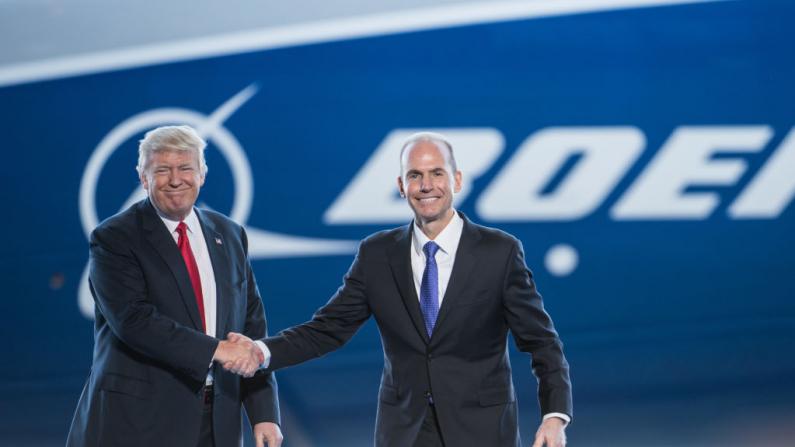President Donald Trump struck a deal with Boeing for a pair of new Air Force One jets, saving taxpayers over $1.4 billion, the White House announced on Feb. 27.
“President Trump has reached an informal deal with Boeing on a fixed price contract for the new Air Force One Program," Deputy Press Secretary Hogan Gidley told Fox News. “Thanks to the president’s negotiations, the contract will save the taxpayers more than $1.4 billion.”





